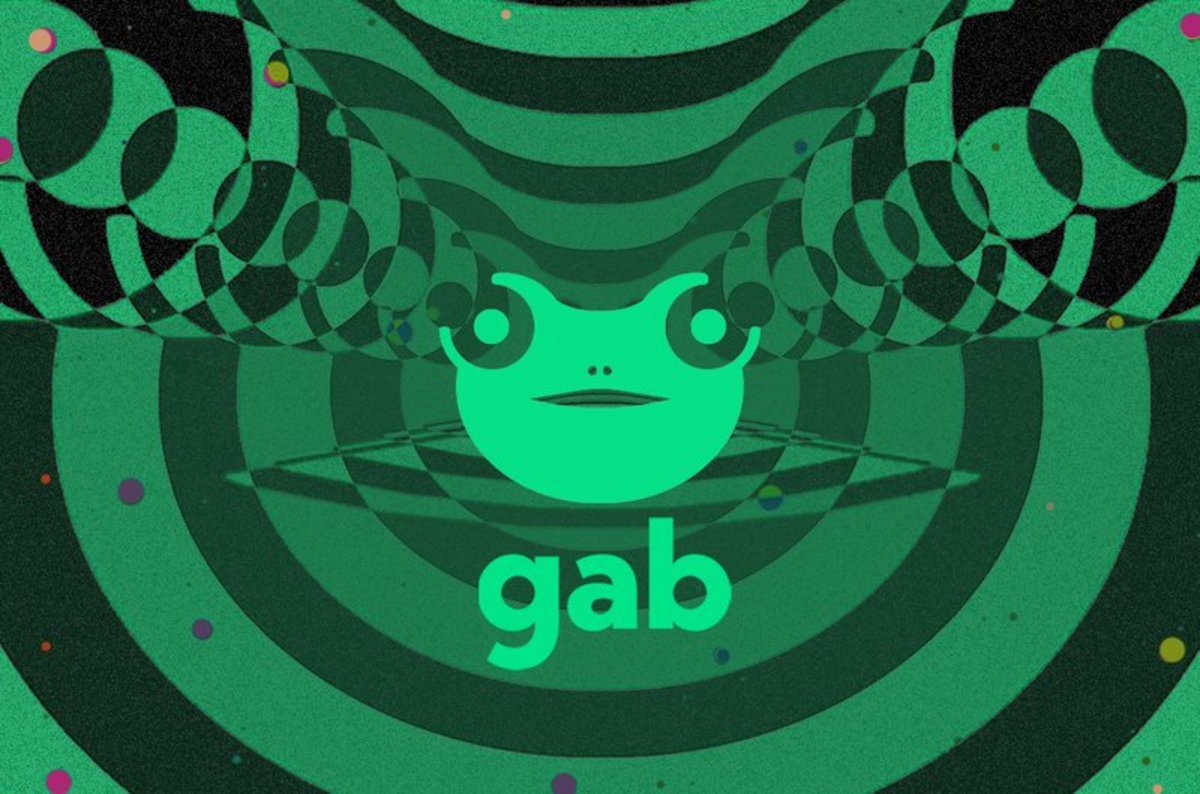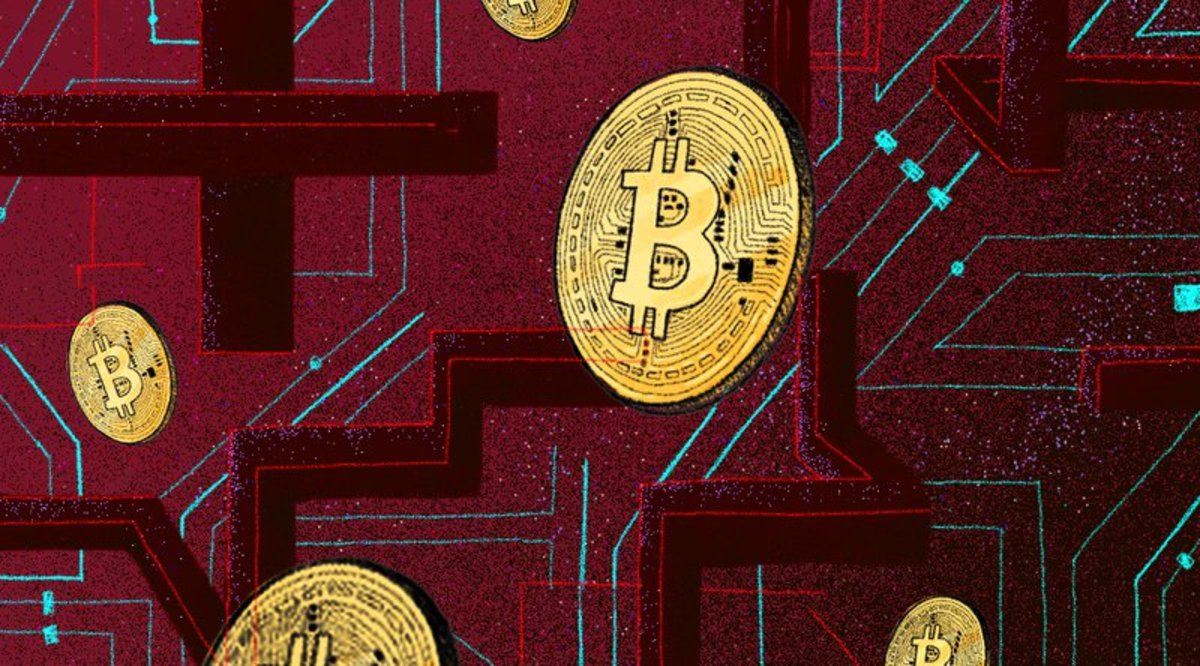
Andrew Torba is getting into Bitcoin.
Well, actually, he’s been into Bitcoin for quite some time. He contributed to CoinDesk back in 2013, most notably with an article he wrote about buying a Subway footlong with bitcoin.
This was three years before he founded Gab, an alternative social media network “that champions free speech, individual liberty and the free flow of information online.” Gab has accepted bitcoin donations since its launch in 2016, but now it’s getting even further into the original cryptocurrency.
Torba doesn’t just want to bankroll Gab with bitcoin; he wants to embed bitcoin into Gab’s design. So, Gab forked Basic Attention Token’s Brave browser to speed things up (among other reasons).
Free Speech Money
Since coming onto the scene in 2016, Gab has been something of a pariah among popular social media websites. This is mainly due to the clientele it attracts, namely, right-leaning patrons of various creeds and colors (with the alt-right community being of primary concern to detractors).
It has been described as “an echo chamber for right-leaning content dissemination,” though similar claims that it is unmoderated are overstated: the site prohibits doxxing, violent discourse and threats, child or other illegal pornography, and spamming, amongst other no-nos. Still, it has been highly controversial for its dogged defense of free-speech accommodation for far-right iconoclasts. For this, it has earned a title as a “far-right” alternative to Twitter.
Unsurprisingly, Torba sees it differently. He told Bitcoin Magazine that the site is fulfilling a much needed niche for “political dissidents and politically incorrect content creators [who] aren’t doing anything illegal.” These individuals are subject to a trend of disenfranchisement that Gab knows all too well, Torba said — that’s why it turned to bitcoin.
“Bitcoin is free speech money,” Torba continued. “Its censorship resistance is its greatest value-add in my opinion. It makes sense for the free speech company to support and use free speech money, but in our case we had no choice. We’ve been banned from every major payment processor, including all major crypto payment processors likes Cash App, Coinbase and BitPay.”
Along with Gab’s own financial restrictions, Torba lamented that the social deplatforming that individuals on the far right have increasingly experienced is reaching beyond the social realm and into the financial. Crowdfunding platform Patreon, for instance, banned highly controversial figures like Carl Benjamin and Milo Yiannopoulos in December 2018, prompting libertarian content creator Dave Rubin and psychologist Jordan B. Peterson to boycott the platform.
Yet again, this gives Bitcoin a chance to shine.
“We are going to see the censorship and no-platforming start to shift into banking and payment processing even more going forward, which is why bitcoin is so important and will remain important,” Torba said. “They have massive audiences who want to support them. There’s no reason they should have to ask for permission to engage in commerce on the internet between willing parties who are following the law.”
No Token Necessary
To move toward a censorship-free payment avenue for its users, Gab had to rouse a bit more controversy first.
The platform announced in April 2019 that it had forked Brave’s browser. This was done, in part, because Dissenter, its browser plug-in that enabled comment sections on any website imaginable, was shunned by Firefox and Google Chrome. These bans coincided with the trend of Gab being blocked by major web hosts.
So Gab finally decided to launch its own browser by forking open-source Brave to create the Dissenter browser. JavaScript creator and Mozilla and Firefox co-founder Brendan Eich, who also co-founded the Brave browser and its token BAT, criticized the move as that of a “parasite.” Torba told Decrypt this response puzzled him, especially considering Brave “is a fork of the Google Chromium project” and that forks like his own are the point of open-source software.
The Dissenter beta launched last week, keeping Brave’s ad and web tracker blockers while removing BAT functionality (which Torba himself is no fan of), enabling Chrome plug-ins and reinstating the Dissenter plug-in’s comment-across-the-web utility.
The Gab Web Browser? https://t.co/EcsgXsYiKa
— Gab.com Dissenter.com (@getongab) January 26, 2019
In its original tweet about the browser, Gab mentioned that it has plans to integrate the Lightning Network. Torba confirmed to Bitcoin Magazine that he and his team are working on LN integration into “[the] fork of Brave,” adding that the payment model they’re targeting “has nothing to do with advertising or anything to do with the model Brave has with BAT.”
“Everything we do is to empower content creators,” Torba indicated in a follow-up email. “Establishing a peer-to-peer transfer of value between creators and their audience has always been our goal.”
He continued to rattle off a number of use cases for Bitcoin on social media. Besides the obvious ones like facilitating commerce and incentivizing content creators, it could be a powerful anti-spam tool by making users stake satoshis for each comment and “eliminate the need to track users across the web for advertising data” by paying for online content directly.
Gab introduced bitcoin to its roughly 1 million users in early 2019, Torba told us. In his view, content creators will continue to leverage the network as a frictionless and censorship-free source of revenue, especially as traditional payment ramps become inaccessible to more and more creators.
“The next level of censorship will happen and indeed is already happening, at the on ramps and off ramps of bitcoin from and to fiat,” he said. “When this happens, people will simply start transacting fully in bitcoin instead of cashing out into fiat and do things like buy it on LocalBitcoins or on decentralized exchanges.”










